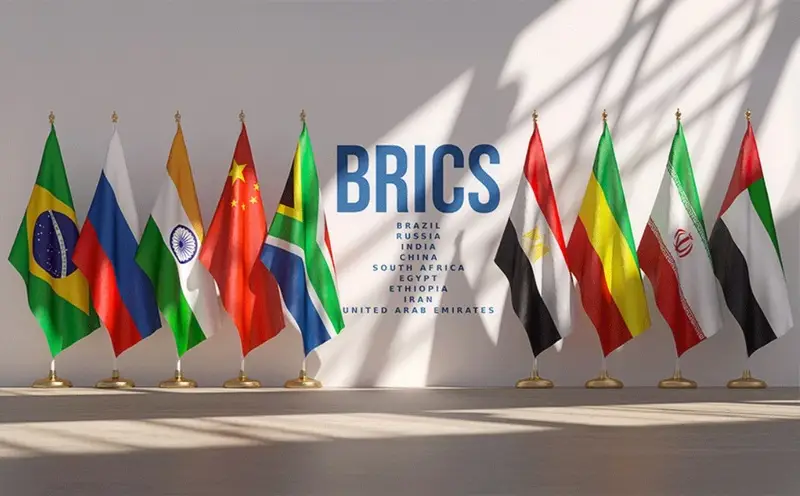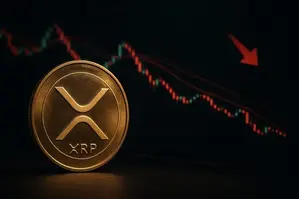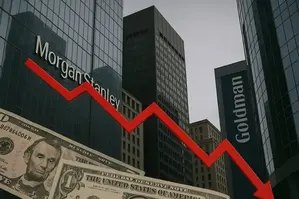Throughout the first few months of the year, the global economy has seen geopolitical tensions abound. That reality has many concerned over the state of that economy, with nations, with the US dollar facing a potential downfall amid a worldwide rebellion. However, that may not yet be the case, according to the BRICS alliance, which has given a major update on its ten-year de-dollarization plan.
The economic alliance has not been shy about its stance regarding the greenback. Moreover, it has been embroiled in a faceoff with US President Donald Trump that first began with his initial return to the White House in January. Now, the BRICS bloc has released a major statement that could change everything.
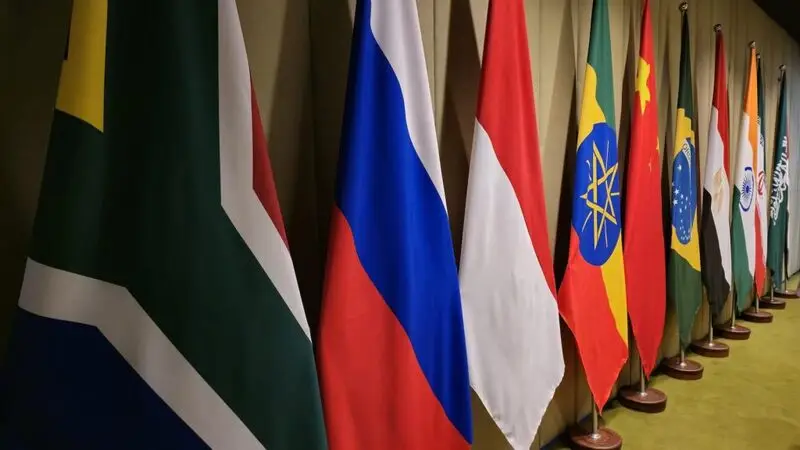
Also Read: BRICS: The Biggest Reason India May Eventually Leave The Alliance
BRICS Give Major De-Dollarization Update Amid Tension-Filled 2025
At the start of his second term in the Oval Office, US President Trump threatened the BRICS alliance with 150% tariffs. The reason for the warning was the bloc’s continued attempts to dethrone the US dollar on the world stage. Specifically, its efforts to create its very own native trade currency to supplant the greenback.
In the first 100 days of his second term, that dollar was falling gradually under Trump’s watch. This may have many believing that the collective would only double down on those same efforts to challenge its dominance. Yet, that doesn’t appear to be the case, as the BRICS bloc has given a shocking update on its ten-year de-dollarization plans.
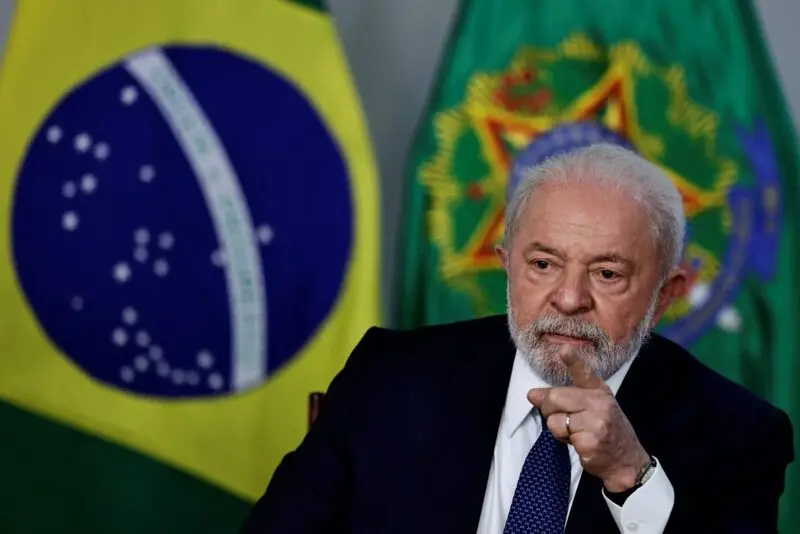
Also Read: BRICS 2025 Summit Could Be Game-Changer for the US Dollar
According to a recent Reuters report, Brazil has said that there is no realistic prospect of any currency stockpile overtaking the US dollar’s dominance over the next decade. Indeed, the nation that is the 2025 chairmanship holder of the bloc has changed its tone drastically. Brazil was among the most ardent supporters of de-dollarization. Now, they have almost relinquished if such a policy would ever be possible.
It was the country’s monetary policy director, Nilton David, who discussed the reality. Regarding US dollar dominance, he noted there is a small chance that “will change over the coming decade.” It will be incredibly interesting to see how this shifts the BRICS perspectives.
The greenback is seeing its value plummet from America-first and protectionist policies. The question is, could they continue their commitment to orchestrating an alternative that may not topple the greenback but create competition against it?
